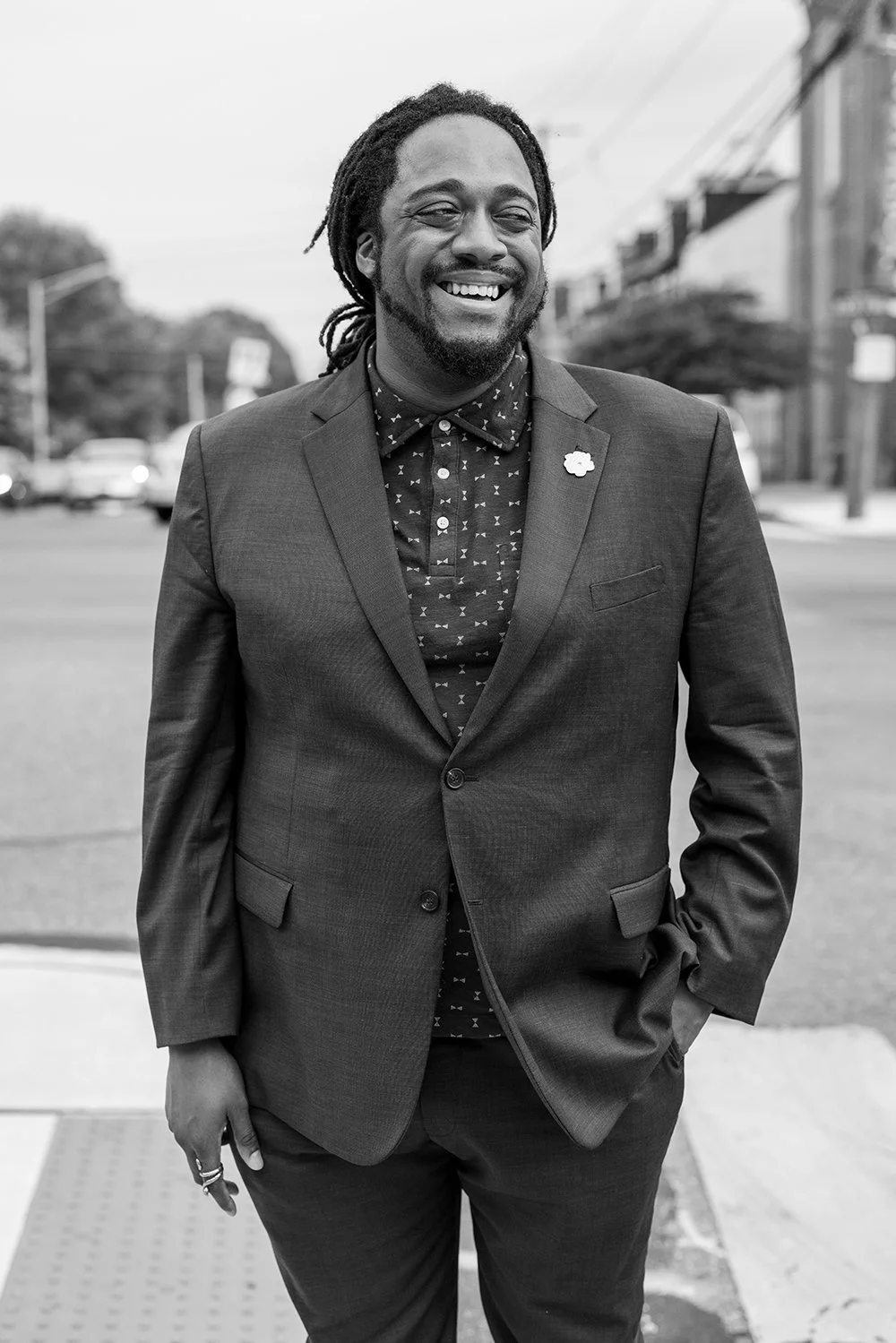Motel Magic
Growing up in Philadelphia in the 1960s, summers were why we trudged through the other nine months of the year. Free of the daily grind of school work, we joined the ranks of children told to get outside and play. We played so hard that our mothers left Tupperware pitchers and glasses of water on the front stoops of our row homes to make sure we stayed hydrated. By night’s end, our bodies were covered in sweat, bug bites, and so much dirt the bath water would be tinged a coffee brown. The next day we rolled out of bed, gobbled our breakfast cereal (If we were lucky, Apple Jacks; Unlucky, Puffed Rice) to do it all over again.
And so we spent our summer days, at least until our numbers began to dwindle and we didn’t have enough players to successfully play our games. The vacation family exodus began each year around the 4th of July. Some would disappear for weeks on their vacation getaways. My family made our annual trek to Ocean City, New Jersey. We went to the shore—specifically to the Ebb Tide Motel in Somers Point, NJ (which was cheaper than THE Ocean City). Frankly, we were more excited for the pool and the air conditioning during sleep time than the ocean waves. Nonetheless, each year, the entire experience added up to 24 to 48 hours of pure, exhausting euphoria.
The motel, as a concept, found its place as Americans discovered our love of the automobile. Many found freedom in the new 40-hour work week, as well as middle class wages. Vacations were no longer just for the wealthy. And though we couldn’t “summer” like the wealthy, we could experience their bourgeois chlorine and cold air for a few days each summer, thanks to the substantially less expensive motel.
In 1964, there were approximately 61,000 motels across the United States. This new type of accommodation allowed families to pull right up to their door and walk directly into their room. Motels offered privacy, as well as easy access to their car. Kids slept in one bed, parents the other. The bathrooms were small, but clean. At the Ebb Tide in Somers Point, NJ, you were guaranteed to find sand on the floor of your room, no matter how many times the carpet had been vacuumed. There were no elevators and no spas at the Ebb Tide, but the pool—with its multicolored lights that are seared into my memories—and the attached diner were always open.
A day spent being tossed around in waves, a night on the Boardwalk, and a really late night swimming in the motel pool made so many kids of my generation believe that when they grew up (and made it!), this was how they were going to live all summer long. We believed that maybe we might one day get to own those motels—and don’t forget the keychain loaded with cool keys to each room.
At the end of our trip, we would solemnly load up the car and motor back to the city—but not before stopping at one of the local farmer’s markets. On more than one occasion, we ate close to a full bushel of fresh peaches in the back of the car (we did not rinse them first… when I think of the levels of pesticides that we consumed…) and yes, we were sticky, sandy, and sunburnt—and sometimes even jellyfish-stung. But those few days of shore living provided endless stories to share with friends during the school year, as well as memories that still transport me each and every time I see a motel. Where once motels provided the middle class access to an affordable vacation, most now sit vacant (and provide budding photographers with an opportunity to step into the past). But no photograph can truly capture the feeling of excitement contained within the walls of those rooms, the joy of thousands of families headed to the shore.
By Marian Pontz









